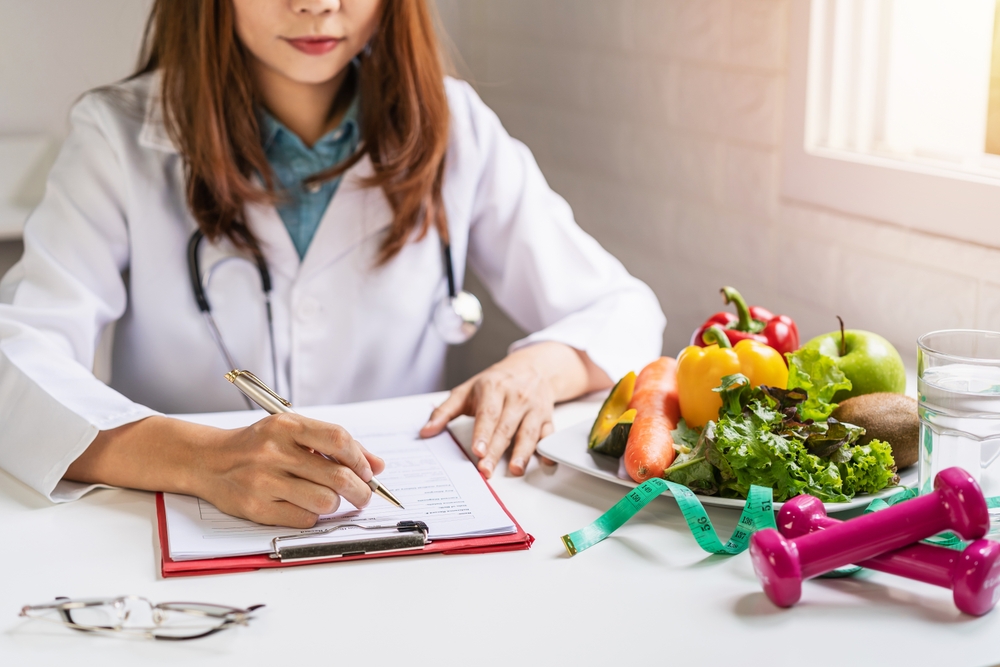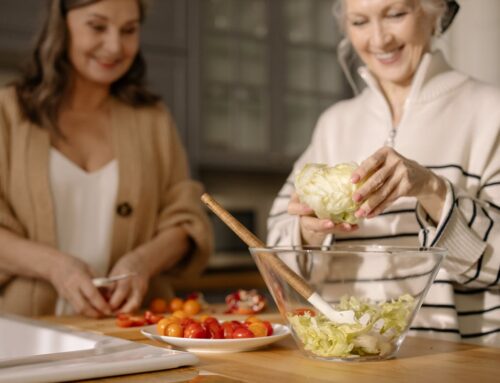Radiotherapy is a powerful ally in your fight against cancer, but its side effects can feel overwhelming. Take control of one important aspect of your treatment journey: your diet. While nourishing your body is key, certain foods can actually amplify discomfort and hinder healing.
This blog empowers you with knowledge about five food categories that doctors commonly advise avoiding during radiotherapy, enabling you to make informed choices for a smoother and more effective treatment experience.
1. Processed and Red Meats
Why avoid them?
Processed meats like bacon, sausages, and deli slices are typically high in sodium, preservatives, and saturated fats, all of which can promote inflammation in the body. For individuals undergoing radiation therapy, especially those with gastrointestinal or abdominal cancers, these foods may worsen digestive issues and overall discomfort.
Red meats such as beef and lamb may also pose challenges. Though they’re rich in protein and iron, frequent consumption of red meats has been linked to inflammation and may be harder to digest during treatment.
Better alternatives:
Lean proteins such as chicken, turkey, eggs, tofu, and legumes can provide essential nutrients without adding extra strain on your digestive system. Fish, especially fatty types like salmon, are also excellent sources of protein and omega-3 fatty acids, which have anti-inflammatory properties.
2. High-Fiber Foods
Why avoid them?
While fiber is generally a cornerstone of a healthy diet, high-fiber foods can be problematic during radiotherapy—especially when treatment is focused on the pelvic or abdominal area. Radiation in these areas can lead to diarrhea, bloating, and cramping, which high-fiber foods may exacerbate.
Foods to limit:
Whole grains (like brown rice, oats, and whole wheat bread), raw vegetables (especially cruciferous types like broccoli and cauliflower), legumes, and seeds should be consumed cautiously or avoided during periods of acute symptoms.
What to eat instead:
Opt for low-fiber, easily digestible carbs such as white rice, white bread, bananas, and applesauce. These foods are gentler on the digestive system and can help minimize gastrointestinal discomfort.
3. Spicy and Acidic Foods
Why avoid them?
Spicy foods, including chili peppers, hot sauces, and dishes heavily seasoned with pepper or cayenne, can irritate the digestive tract. This is especially true if radiation is being administered near the gastrointestinal system, where the lining may already be sensitive or inflamed.
Similarly, acidic foods like citrus fruits (oranges, lemons), tomatoes, and vinegar-based items can worsen mouth sores and throat irritation, common side effects in patients undergoing head and neck radiation therapy.
Foods to avoid:
Chili peppers, salsa, raw onions, garlic-heavy dishes, lemons, limes, oranges, and tomatoes are best limited or removed from your radiation therapy diet if you experience irritation.
Gentler alternatives:
Try bland, soft foods like mashed potatoes, oatmeal, steamed carrots, and well-cooked pasta. These are easier to swallow and less likely to aggravate sore areas.

4. Sugary Foods and Drinks
Why avoid them?
Excessive sugar can weaken the immune system, making it harder for your body to recover during and after radiation. Additionally, diets high in sugar have been associated with inflammation and may disrupt the balance of gut bacteria, which is already under stress from cancer treatment.
Examples to limit:
Sodas, candies, pastries, sweetened cereals, and high-sugar yogurts should be consumed sparingly, if at all. These foods offer little nutritional benefit and may aggravate fatigue or digestive issues.
Healthier choices:
If you’re craving something sweet, opt for natural sources like ripe bananas, baked apples with cinnamon, or a modest portion of honey in oatmeal.
5. Alcohol
Why avoid it?
Alcohol can dehydrate the body, which is particularly problematic when you’re undergoing radiotherapy—a time when maintaining proper hydration is critical for managing side effects like fatigue and dry mouth.
Moreover, alcohol can irritate the lining of the mouth and throat, especially for patients receiving radiation in these areas. Even moderate drinking can exacerbate mucositis or make swallowing more painful.
Focus on hydration:
Replace alcoholic beverages with water, electrolyte solutions, or herbal teas. Aim to sip fluids consistently throughout the day to support your body’s healing processes.
Stay Healthy & Strong in Kennewick, WA
Making thoughtful dietary choices is a powerful way to support your health during cancer treatment. While it may be tempting to rely on comfort foods or stick to familiar eating patterns, adapting your diet can significantly improve your experience and response to treatment.
Northwest Cancer Clinic in Kennewick is the most advanced radiation oncology practice in the Tri-Cities area. Contact us today and let us help you!





